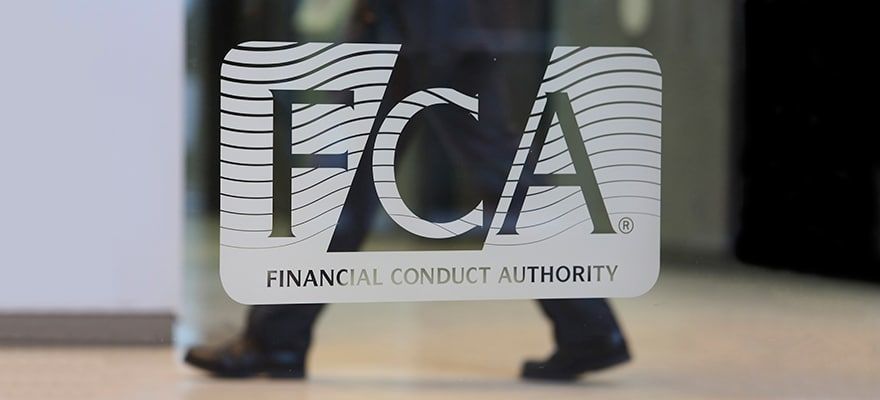Governance issues are being forced up the agenda at UK financial firms by the incoming Consumer Duty rules, according to commentators, due to their focus on corporate culture.
The Financial Conduct Authority’s (FCA) Consumer Duty, which comes into force in July, is designed to set higher and clearer standards of consumer protection across financial services and require firms to act to deliver good outcomes for customers.
This must be embedded in companies across culture, operations and accountability.
Under the new Consumer Duty, financial firms are required to ensure consumers receive communications they can understand, products and services that meet their needs and offer fair value, and get the customer support they need, when they need it.
The final rules to begin implementation have been available since July 2022, so firms have time to make changes to how they work.
Nick Holmes, managing director at Quilter Cheviot, said: “With the Consumer Duty’s emphasis on delivering good outcomes for consumers, there is going to be a new scrutiny placed on firms’ governance structures and culture, to ensure these are operating in a way that does not introduce any harm to the customer.”
Holmes added: “If a company’s culture does not consider the Consumer Duty and the impact it can have on the end result for clients, this ultimately introduces a major risk from a governance perspective.”
Under the new rules the UK regulator wants to see senior leaders driving the changes to help their company meet the new standards.
Consumer Duty in ESG
The Consumer Duty is designed to work alongside the FCA’s earlier rule changes under the Senior Managers and Certification Regime, which makes executives directly responsible for failings at their firm, ensuring the right culture is created and that this permeates from the top down.
Upcoming regulations in the Sustainable Disclosure Requirements (SDR) consultation also interact with the Consumer Duty. SDR is aimed at clamping down on greenwashing, and covers sustainable investment labels, disclosure requirements and restrictions on the use of sustainability-related terms in product naming and marketing.
Holmes said anyone assessing a financial business from an ESG perspective will now have the Consumer Duty at the front of their mind.
He said: “The FCA has made it clear that this is a flagship piece of regulation and thus firms must ensure they are compliant not just from a customer’s point of view, but also behind the scenes and in the processes that go into making products and services. Not having the customer at the centre of what you do only increases the governance risk for the business.”
Businesses will need to have the right training in place for all employees about how the Consumer Duty will affect their role.
They will also need people policies that help produce good customer outcomes and embed them into the company psyche, underpinned by accountability at board and executive level.
Rebekah Nash, governance analyst at Evenlode Investment, said the Consumer Duty’s stipulation that all firms must have a documented strategy describing how governance is achieved in practice, will help assess their governance credentials from an ESG analysis perspective.
She said: “We have to make sure the ESG risk analysis performed on companies is honest and rigorous in order to manage risk for our clients, and matches the expectations that we have set out according to our investment and governance frameworks.
“From an ESG and stewardship perspective the Consumer Duty emphasises the need for strong governance within financial businesses and is intended to drive positive cultural change within organisations,” she added.
Consumer Duty customer committees
James Edmonds, director at Investor In Customers, a customer experience assessment and accreditation specialist, said at a wider ESG level, and in particular around the governance of a business, the Consumer Duty should drive great change.
He expected firms to set up customer committees, with strong terms of reference, and representatives from each business area that reports into an executive committee level meeting. “to ensure customers are put at the heart of everything, and this is measured and tracked independently”.
Edmonds said: “It’s a chance for ‘voice of the customer’ reporting, for example, to be developed as a key input into a customer committee, and to focus on quality outputs of these forums driving lasting and customer focussed change into the business.”
The FCA wants firms’ boards and senior management to make good outcomes for consumers central to their firm’s culture, strategy and business objectives. As part of this the regulator expects firms to have a champion at board (or equivalent governing body) level.
This champion should be an independent non-executive director, where possible. For larger organisations with group structures, the FCA said it expects this champion to be at an appropriate board level so the Consumer Duty “is discussed in a meaningful way”.
Edmonds added: “It is fair to say financial services in general aren’t known for making agile changes. But it will be the ability to adapt internally to the FCA’s new Consumer Duty rules that will separate organisations who thrive under the new regulations from those who don’t.”








